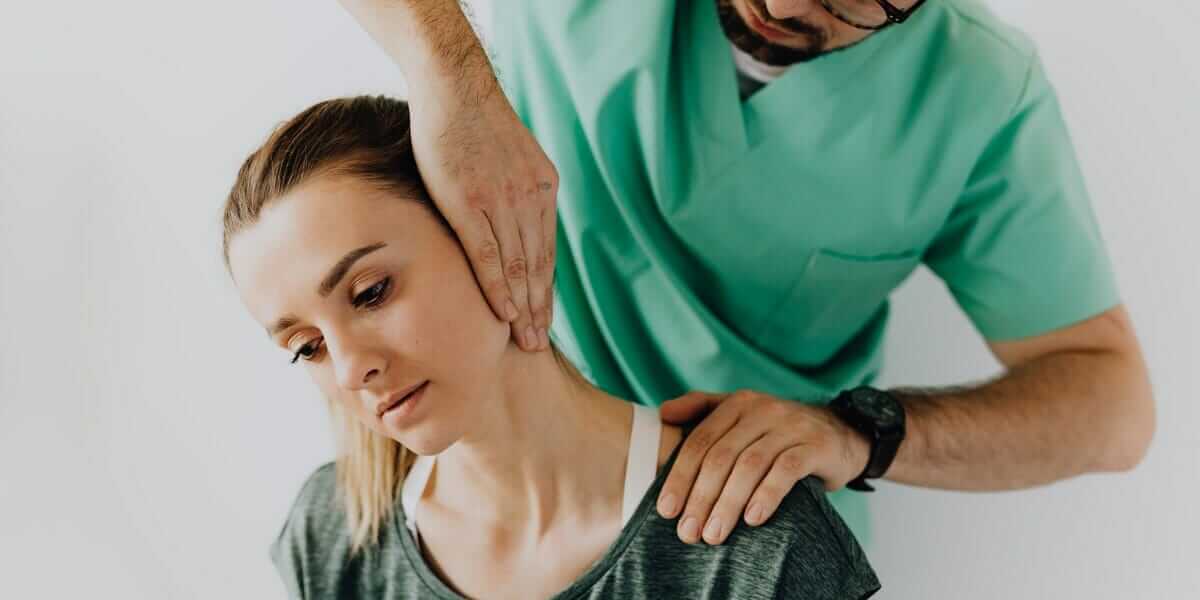Pain is common to human beings and something that we all experience at some point in our lives. The purpose of pain is to tell us that something is wrong with the body or mind. Acute pain goes away once you recover from your injury or illness. But chronic pain can last for months or years and have no apparent reason. This can negatively impact your quality of life, making it hard to have a healthy, active lifestyle. If given painkillers this can lead to a painkiller addiction.
Typically, acute pain is easier to treat than chronic pain because it’s short-term and due to a specific cause like an injury, infection or surgery. Opioid painkillers are often a first course of treatment for managing acute pain. For example, after a root canal, your doctor may write you a prescription for oxycodone. You should only need this medication for a few days before the pain goes away on its own.
However, using opioid painkillers for an extended period of time comes with serious risks, including addiction and death from overdose. Sadly, some people get addicted to prescription painkillers even in a short amount of time. If they’re able to continue their habit by getting more pills, they can develop a severe opioid addiction and the need for outpatient rehab in Denver.
Why Do Doctors Prescribe Opioids in the First Place?
Doctors tend to prescribe opioids when the benefits outweigh the risks. When a patient is in pain, opioids are quick and efficient. The chemicals in these drugs attach to receptors in the brain, blocking pain signals and releasing dopamine. This relaxes the body and helps the patient feel better so they can rest and recover.
When used correctly and for a short amount of time, opioids are usually safe. But any type of misuse or prolonged period on these drugs can quickly and easily lead to dependency. To continue their habit, some opioid addicts turn to other drugs like heroin. Even though heroin may sound more dangerous than a pill of oxycodone, the high is similar to an addicted brain.
Doctors play an important role in the opioid crisis, but some still over-prescribe these medications, especially later in the day or if appointments run late. Plus, patients sometimes push opioids because they are fast and effective. However, sometimes an over-the-counter pain reliever is really all they need.
In Reality, Opioids Can Actually Make Pain Worse
We know more about opioids and their effect on the body than ever before. Research tells us that prescription painkillers are not the only way to treat pain. Here are some surprising things to know about opioids:
They can cause you to feel more pain.
People are busy. They don’t want to feel bad, so they often use medications to speed up healing times. But what many people don’t realize is that taking four or more weeks of opioids makes the body more sensitive to pain. This happens because opioids block pain and your body reacts by increasing pain receptors to get the signal through again. When the drug wears off, you will feel more pain. If you take more opioids, they become less effective. It’s a dangerous cycle that can lead to more pain and the need for more drugs.
They can mask emotional pain.
Emotional pain is just as real as physical pain. They affect the same regions in the brain, and the brain can have a difficult time separating between the two. This means that emotional pain can manifest itself as physical pain. When you take opioids, it numbs the emotional pain. If you try to cut back, this pain can push through and cause you to feel even more pain and suffering.
They don’t build resilience.
Another thing to know about prescription opioids is that they don’t build resilience. They provide short-term relief, but that’s it. Once you’re not on the drugs, you’re likely to feel irritable, depressed or anxious. The first step in building resilience is to recognize your emotions and turn to healthy coping mechanisms like exercise, meditation or deep breathing.
Alternative Treatments Can Prevent Unnecessary Opioid Addictions
The best way to prevent unnecessary opioid addictions is to not use these drugs in the first place. Acute pain can be managed without opioids. In fact, these alternatives often work better than opioids and have far less side effects and risks. The best thing you can do is talk to your doctor about alternatives to opioids like the following:
- Nonsteroidal anti-inflammatories (NSAIDs). A lot of pain is caused by swelling. Medications like Motrin and Advil decrease inflammation.
- Acetaminophen. Tylenol isn’t an anti-inflammatory but it can be taken with an NSAID. A recent study even found that opioids are no more effective at reducing pain than combining Tylenol and an NSAID.
- Non-opioid prescription drugs. These drugs can often be used with Motrin and Tylenol for a stronger effect. Examples include tricyclic antidepressants that are typically used to treat nerve pain. Another benefit is that they can treat depression, which is thought to be a risk factor for chronic pain.
- Localized numbing. For localized pain, you can talk to a pain management specialist about numbing agents like nerve blocks. Steroid injections can also help.
- Non-drug treatments. Non-drug treatments can be just as effective at treating pain than prescription medications. Some therapies to consider include acupuncture, massage therapy, ice therapy, physical therapy, biofeedback and EMDR therapy in Denver.
Drug Rehab in Denver, CO
When you or a loved one is faced with physical pain, be sure to keep your options open in terms of treatment. It is possible to treat acute pain without opioids. Give yourself enough time to rest and recover, and you can heal your body and skip the unpleasant effects of opioids.
Of course, if you suffer acute pain from an injury or surgical procedure, prescription painkillers may be necessary. In this case, talk to your doctor about your concerns and follow their directions appropriately. This will help avoid a problem.
If you’re already struggling with an opioid problem, contact Continuum Recovery Center of Colorado. Our Denver substance abuse rehab center has experience treating these types of addictions and their underlying causes. This way, you can heal on both a physical and emotional level. Contact us today to learn more.




